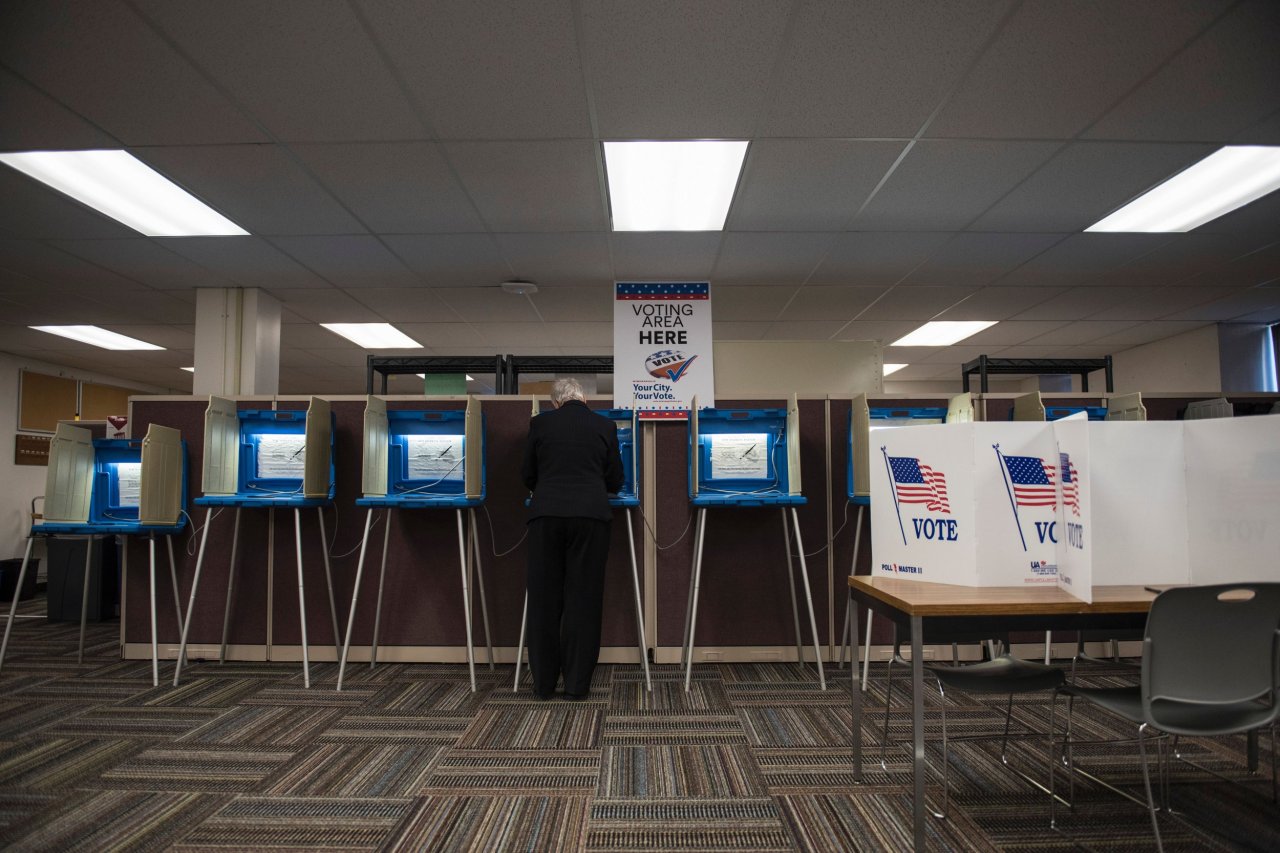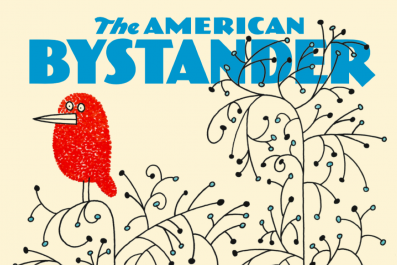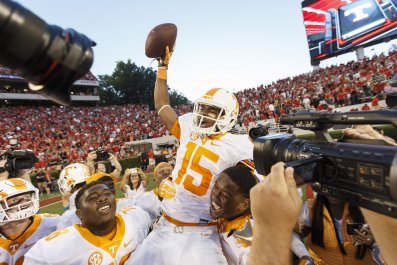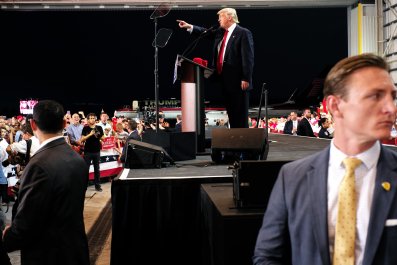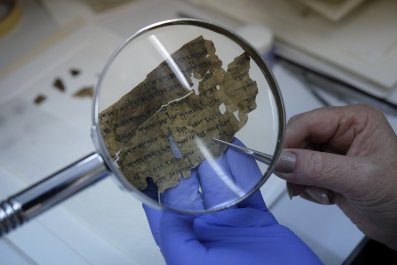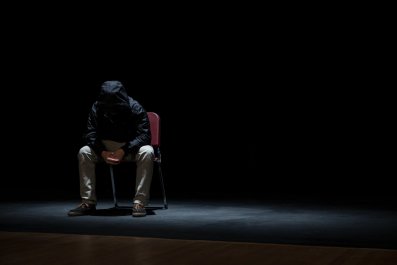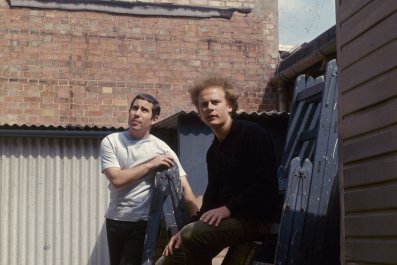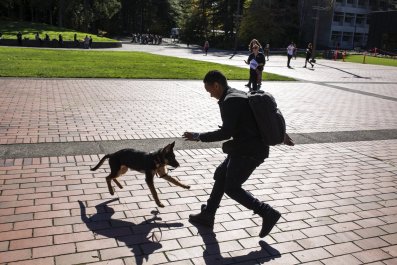From time to time during this turbulent election season, it has seemed that the Republican standard-bearer might tell his staff they're fired and return to New York real estate. It's a world Donald Trump understands—a world where losing a billion dollars can be a good thing. Suppose he'd done that. Or suppose he had become sick or disabled. (There were risks on the other side too; pneumonia could have taken out Hillary Clinton.)
If a candidate disappears midway through an election, what is the fairest way to replace him or her? You might argue that the voters' second choice should take over. But we have no way of knowing who the second choice in a given election would be—an inevitable consequence of our single-vote system.
Game theorists—researchers whose specialty is the study of strategic thinking—say there would be no fair way to replace Trump under our electoral system. But that's only one of the things that's wrong with how Americans vote in political elections. In some other systems, elections could have pared down the Republican primary field of 17 candidates to a more manageable number much sooner, giving voters a simpler and clearer set of choices.
Among game theorists, "everybody has their favorite version of voting," says Kevin Zollman, a game theorist and associate professor of philosophy at Carnegie Mellon University. "But it's fair to say that almost everybody agrees that the current way we do it is the worst."
We're not talking about hanging chads here, or stuffed ballot boxes. Those are the mechanics. We're also not talking about the baseless Republican allegations of voter fraud that have prompted legislation making it difficult for some poor and minority voters to exercise their franchise. The problem with voting in the U.S. goes far deeper than that. "The big problem with the way we do elections now is we don't ask people for their second choice," Zollman says.
That failure to inquire about second choices could partly explain why Trump secured the nomination, even though he was not most people's first choice. Here's how: According to the website RealClearPolitics, Trump received more than 13 million votes in the Republican primary. But PolitiFact reports that his top three challengers—Ted Cruz, John Kasich and Marco Rubio—received more than 15 million votes combined. The trio of challengers split a total vote that topped Trump. And many of those 15 million voters might have preferred one of the other top-tier candidates to Trump as their second choice. But there is no way of knowing, because they were able to choose only one candidate.
In a New York Times op-ed in early October, former Democratic presidential candidate Howard Dean proposed the adoption of what game theorists call instant-runoff elections. Voters rank the candidates from first to last. If one candidate wins a majority of first-place votes, the election is over. The result is the same as what happens now.
If no candidate gets a majority, the candidate with the fewest first-place votes is eliminated. Those who made that choice no longer have a first-place choice, so their second choice is now bumped up to first. That changes all the tallies. It could give one of the remaining candidates a majority. If it does, the election is over. If not, the process repeats until one candidate attains a majority.
That system would have allowed a primary-state voter to choose Trump first—perhaps as a protest vote—and Cruz second, say. If enough voters did that, Cruz could have received a majority and knocked off Trump. Dean argues that this is "a solution to the problem of how to uphold majority rule and give more voice to voters by presenting them with more than two options."
The nonprofit, nonpartisan group FairVote—chaired by former Nirvana bassist Krist Novoselic—says on its website that ranked-choice voting "has improved elections in cities and states across the United States" and "has majority support in every U.S. city that uses it." Those cities include Berkeley, California; Cambridge, Massachusetts; San Francisco; St. Paul, Minnesota; and Portland, Maine. In November, Maine voters will decide whether to adopt Question Five, which would establish ranked-choice voting for the state's 2018 primary and elections for governor, House, the Senate and the state Legislature.
Game theorists argue that a ranked system could have advantages in the presidential election too. Voters who favored Democratic primary challenger Bernie Sanders but who feared Trump could have ranked Sanders first and Clinton second, reducing the likelihood that a vote for Sanders would tip the election to Trump. Democrats who believe that Ralph Nader's insurgent candidacy in 2000 tipped the election away from Al Gore to George W. Bush might find this interesting. Nader voters had no opportunity to rank Gore second, as many of them might have done.
And what if, through some yet unimagined plot twist, Trump did make an early exit from the presidential race? With ranked voting, the second choice would be immediately clear. Many voters might consider that alternative a fairer outcome than what would likely happen now: Republican National Committee Chairman Reince Priebus would gather with political operatives in a smoke-free room to take the choice out of the voters' hands. A likely pick would be Republican vice presidential candidate Mike Pence, the governor of Indiana. The merits of that choice aside, Pence was not anybody's first choice or even 17th choice in the Republican primaries, in part because he wasn't a candidate. Voters might accept the expediency of such a choice, but few would consider it fair.
As elegant as other voting systems might be, none solves all the problems. Indeed, game theorists have proved it. In the 1950s, Nobel Prize–winning economist Kenneth Arrow devised what is called Arrow's impossibility theorem, which shows—with irrefutable mathematics, for those who understand it—that no election can be entirely fair. It's not possible. But as Zollman points out, we could do much better. Ask the mirror on the wall: The U.S. is far from being the fairest of them all.



